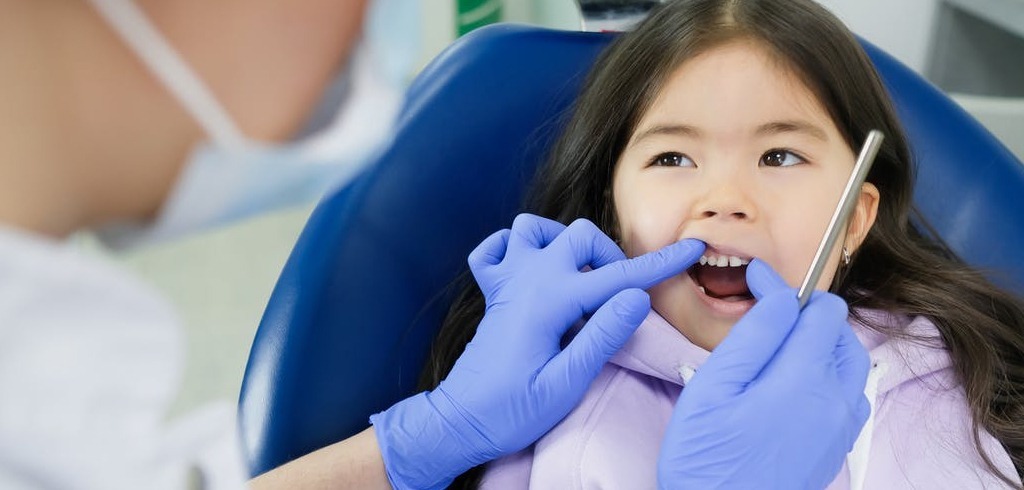At Jain Dental Hospital, in Indirapuram, Ghaziabad. we understand the importance of establishing a positive foundation for your child’s oral health journey. That’s why we offer specialized Kids’ Dentistry services delivered with pediatric expertise or Kids’ Dentist in a fun and comfortable environment.
Our highly trained and experienced team of pediatric dentists or Kids’ Dentists is dedicated to providing gentle and compassionate dental care for children of all ages. We understand the unique needs and anxieties of young patients, and we strive to create positive dental experiences that will last a lifetime.


